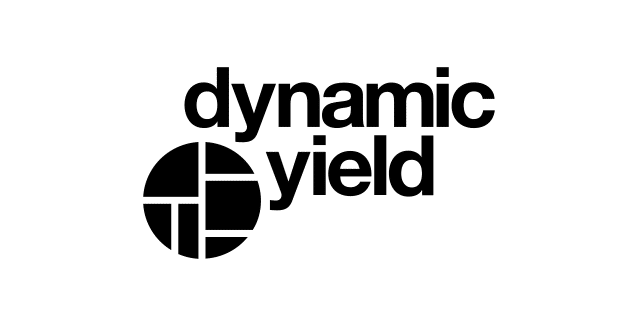
Dynamic Yield’s solution is designed so companies can ensure compliance by automatically blocking user activity tracking until consent is gained, without the use of cookies and with zero code required.
The latest EU GDPR restrictions state that clear affirmative action must be taken on the part of website visitors before their personal data can be collected and processed for marketing and personalization purposes. However, only 7% of sites comply with this current legal mandate despite increased constraints on third-party cookies and ongoing privacy and security concerns, according to research from the Ruhr-University Bochum and the Institute for Internet Security.
Many websites continue to operate under the notion that if a visitor fails to respond to a consent pop-up either by scrolling past it or closing it out, their consent is assumed or inferred. Additionally, cookie notice messages often aren’t tied back to consent management systems, allowing experiences to be tracked and optimized for visitors who may have explicitly opted out.
“Other players in the market offer cookie-based consent solutions, automatically putting them in breach of GDPR. And as legislation continues to crack down on online privacy across the globe, this puts teams at risk,” said Omri Mendellevich, CTO at Dynamic Yield. “With our cookie-less consent offering, brands can instantly establish newfound levels of trust with their users, confidently, and compliantly. In this new era of data protection, Dynamic Yield couldn’t be prouder to be at the forefront of user consent.”
The ”No Consent, No Cookies” solution represents the latest in Dynamic Yield’s longstanding commitment to balancing personalization and privacy. Earlier this year, the company announced it was fully compliant with both Safari ITP 2.3 and Google Chrome’s version 80 SameSite browser update, which enforced new regulations around cookie security and local storage.
